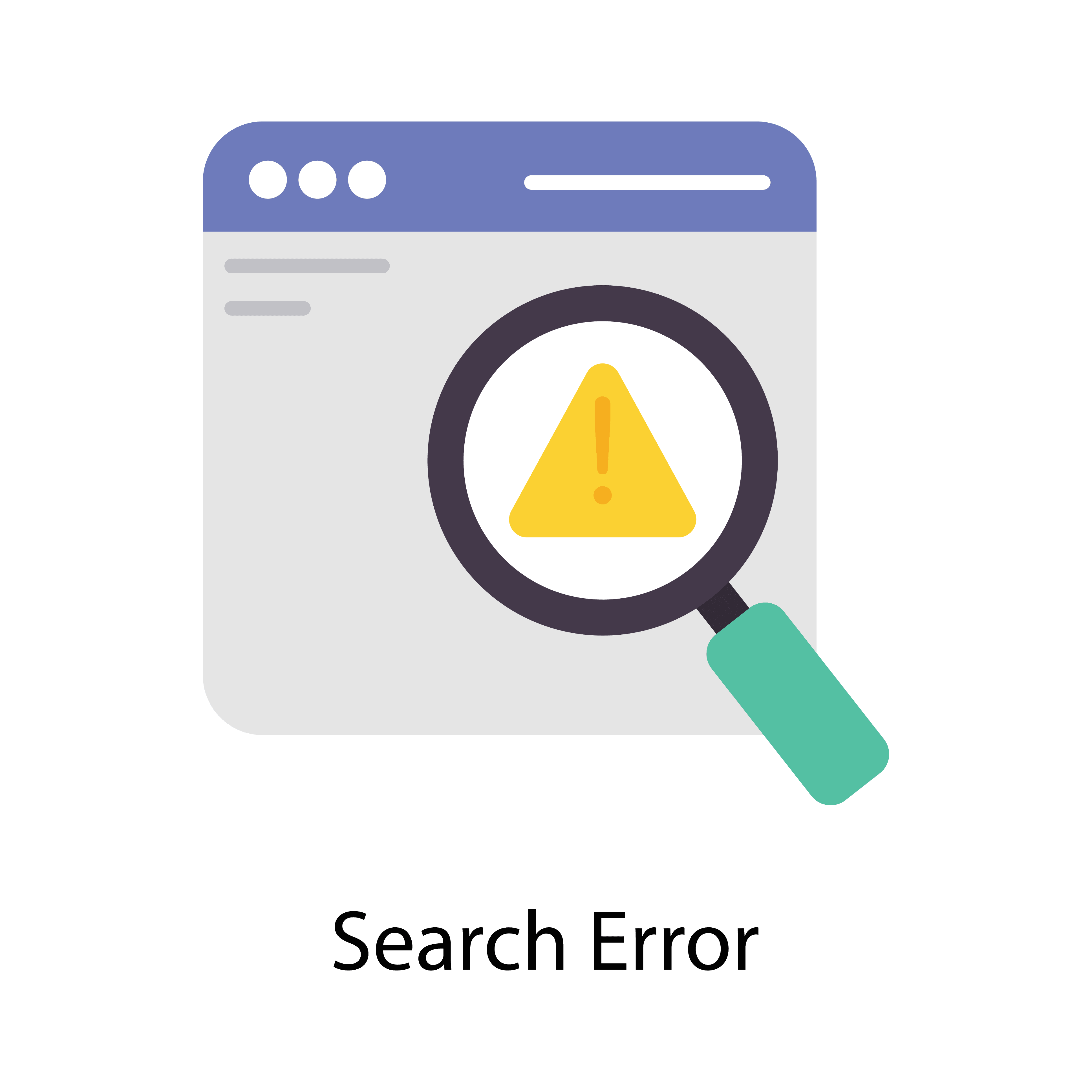Hospitality Reputation Management: Do Hospitality Businesses Need It?

The hospitality industry benefits from hospitality reputation management. Learn what these benefits are and how to implement a reputation management strategy for your hospitality business in our complete guide.
The term “hospitality business” covers a broad range of business types. Typically associated with the hotel industry, hospitality businesses also include restaurants, taverns, inns, event planners, travel agencies, tour operators, and so much more.
No matter the specific business type you operate under the hospitality umbrella, your digital reputation is an essential part of your company. With a positive reputation, you have the trust of your customers and the favorable public perception that generates business growth.
A negative reputation, by contrast, can keep you from achieving your goals. In worst-case scenarios, a reputation damaged by negative reviews or news can prevent you from growing your business.
You might ask, “does my hospitality business need reputation management?” The answer is YES.
In our complete guide to reputation management for hotels and restaurants, we’ll provide all the details you’ll need to make smart decisions. With our guide, you’ll learn about the essential components of effective hotel reputation management, how to manage your online review profiles, and gain insights into tips for getting the most from your brand image.
There’s not a moment to waste, so let’s get started!
What is Your Online Reputation and Why Does it Matter?
To put it in simple terms, your online reputation is how you are perceived online. In today’s digital world, people research businesses online before making purchasing decisions.
Chances are you’ve done it yourself: when looking for businesses in your area, your first stop was likely a Google search.
The information in those search results can have profound influences on the next steps taken.
Prospective customers tend to focus on businesses with good reviews, positive news coverage, and visible branding. On the other hand, businesses with bad reputations — from negative reviews, unflattering news stories, or unfavorable customer feedback — may struggle to survive in competitive marketplaces.
What does your online reputation say about your hospitality business? Have you used search engines like Google to locate information about your company? If so, what are people saying about your brand?
Why is reputation management important? It cannot be overstated that your online reputation matters, not only from a revenue perspective but also in fostering trust and recognition among current and future customers. Without a great reputation — and without reputation management solutions in place — significant challenges await you.
How Do Online Reviews Influence Your Hotel’s Online Reputation?
Whether you realize it or not, potential guests read reviews about your business before picking up the phone or booking a stay at your hotel.
Google reviews, or guest reviews posted online to any number of hospitality-focused review platforms like Tripadvisor, Booking, Orbitz, and Expedia, work to establish your online reputation. Good reviews boost your reputation, while negative reviews can hurt your prospects.
Every guest review tells a story. The more reviews your hotel collects, the greater its chances of achieving visibility in competitive marketplaces. However, it’s not only how many reviews you have, but the quality associated with them. Quality reviews support a positive online reputation.
If you don’t believe that every online review or user-generated content in the form of feedback can influence how your hotel or restaurant is perceived, then consider the following statistics about the power of positive and negative online reviews:
Benefits of Positive Reviews
Customers are reading online reviews before making booking decisions. Your hotel’s or restaurant’s ability to thrive hinges on more reviews coming in from satisfied guests.
- Guests are willing to spend, on average, 31% more on hotels with excellent reviews.
- 92% of potential visitors are more likely to book a stay at your hotel after reading a positive review. The more reviews demonstrating your quality via positive feedback, the better. Guest satisfaction levels translate into high customer loyalty.
- Search engines give more weighting in local searches based on favorable reviews to the tune of nearly 7% (more on local searches in a later section).
Damage from Negative Reviews
Just as great reviews help create a good online reputation, poor reviews can erode consumer trust, ultimately resulting in fewer bookings or reservations and lost revenue.
- Hotels with a review score of 1 or 2 stars will experience only about 13% of the consumers they would if the score were three stars or higher.
- 94% of consumers indicated that they would avoid a hotel or restaurant business altogether if confronted with unflattering reviews.
- When just one negative review appears in search results, businesses risk a loss of 22% of customers. If three or more unfavorable reviews are visible, that potential loss of customers jumps to nearly 60%.
While it is impossible to ensure that every guest’s stay is a wonderful experience, hotel and restaurant or bar owners must strive to deliver great service and amenities. By doing so, a flood of great reviews helps to “push the needle” toward a 5-star rating on review platforms like Tripadvisor.
Restaurant and Hotel Reputation Management: An Overview
Whether you need hotel reputation management or assistance with improving or repairing your hospitality business’s internet reputation, there are dozens of services to choose from. The best online reputation management (ORM) firms, like InternetReputation, have created a roster of services that include:
- Content removal
- Branding
- Review management
- Pay-per-click (PPC) ad management
- Crisis management
- Public relations
- Content development
- Search engine optimization
- Business listings/local citation management
- Social media management
- Reputation monitoring
For hotel reputation management or reputation management for businesses in the hospitality sector, each business is different and will require a customized approach to meet its specific needs.
Talented ORM companies will develop tailored strategies for their clients based on needs and goals. In the ORM field, “cookie-cutter” solutions simply do not produce the desired results.
Essential ORM Services for Hotels, Restaurants, and Bars
As we’ve shown in the section above, there are numerous reputation management tools available for business owners. Your hotel’s reputation or restaurant’s reputation can be established, expanded, and protected using the services in an integrated reputation management plan.
That said, a few of the services stand out for their “mission-critical” nature. These include:
Branding
Branding is essential for every business in the hospitality sector, making it a valuable tool in ORM. Branding is the concept of developing a digital identity, growing an audience, and sharing the attributes that make your business special.
As a hotel owner, you may wonder if you need a brand. The answer is a resounding “yes”; building a brand is one of the key steps to take if you want to attract more visitors to your facility. With branding, you can build awareness and recognition, even in competitive markets. Branding touches every aspect of your digital footprint, including your physical business location, social media profiles, review profiles, and advertising materials.
Research shows that prospective visitors respond to visible brands. With branding services, you can highlight your customer-first mentality, expand your digital presence, and reinforce your digital marketing channels with the content needed to tell your story. The key takeaway is this: your business’s reputation can be made into a dominant force, giving you a huge competitive advantage in the hospitality industry.
Social Media Management
Social media platforms like Facebook, Twitter, and YouTube have revolutionized how businesses connect with customers. Social media accounts put a human face on a business; posting images and text content builds engagement with a target audience and helps to foster brand loyalty. Loyal customers often become brand advocates, making social activity a critical part of your digital presence.
It is also a cost-effective extension of digital marketing campaigns; social profiles and their tools provide great ways to run targeted ads at a fraction of the expense of traditional advertising channels.
Perhaps the only drawback in using social platforms is the time involved in curating posts, responding to follower comments, and participating in online discussions with past guests. Here, social media management can help save time, effort, and money. An ORM team provides the expertise and know-how for your hospitality business to get the most out of your social media presence.
Review Management
With online reviews appearing on Google, social media platforms, and dozens of third-party review sites, managing those reviews is a full-time job.
Again, ORM professionals like InternetReputation can help. Review management is designed to actively manage profiles on the major review platforms, analyze guest data, and create a voice for businesses to respond regularly to honest feedback and guest reviews. We’ll go into more detail about review management in a later section of our guide.
Local SEO and Local Citation Management
For hospitality operators and owners, developing positive content using SEO principles and publishing it to company websites, blogs, and social media not only helps you build a powerful brand image but also propels you to the top of search engine results for your branded keywords like your business’s name, neighborhood, district, or geographic area. This increased visibility improves “discovery,” or the ability of potential new customers to find you first. When your business secures top rankings in search results, you can expect more bookings; most hotels see improvements in both booking rates and revenue generation from applying local SEO to their hotel website or hospitality-focused digital properties.
Local SEO focuses on helping web properties stand out in locally-oriented searches. Search engines look for keywords related to geographic regions, such as the town’s name or city where your hotel is located. By incorporating local SEO into your digital marketing campaigns, your facility can expect more direct bookings, greater visibility on travel websites, and a steady stream of potential guests who discovered you on Google Maps.
Local citation management is an integral part of local SEO; this management practice includes creating and managing profiles in local business directories and Google Business Profile, Apple Business Connect, and other citation sites.
Reputation Monitoring
Hospitality reputation management is an ongoing process; building and protecting a positive online reputation never stops. To preserve a good online reputation, hotel, restaurant, and nightclub owners must invest in strategies to continually monitor their digital reputations.
ORM teams use proprietary reputation management software to scour the web for mentions of your brand, your business name, and other factors. In other words, this monitoring keeps an ear out for the positive and negative comments, social media mentions, and guest reviews that have the potential to grow — or hurt — your business.
Effective hotel reputation management must look at reputation monitoring as a way of identifying potential threats before they can cause damage to what you’ve worked so hard to achieve: your company’s reputation.
A Closer Look at Review Management
Because so much of your online reputation is tied to the quality and quantity of online reviews, review management must be considered an essential part of your ORM campaign.
Review management is the process of understanding what others are saying about you, then removing the negative reviews that are harming your business prospects. Anyone can post a bad review, even if the information is false, misleading, or defamatory.
There are four key components of a review management program:
Review Generation
Review generation on Google or other review sites like Tripadvisor helps to keep your business at the top of search results by soliciting more positive reviews from your guests. You can make a review request for collecting reviews with each hotel visit or set up a review encouragement program using a brief feedback survey or other tools to leave positive reviews. As you collect reviews, this review volume propels you to great visibility in online search engine results. Automated feedback surveys ease the burden of asking each visitor for a review; this process takes place automatically at point-of-sale terminals, via email, or other mechanisms.
Review Response
How you respond to reviews can make or break your hotel’s reputation. Every negative review is a learning opportunity. By developing a consistent review response — even responding to bad reviews or negative feedback — you are restoring trust between you and your guests. This response also allows you to debunk unreasonably negative reviews or negative guest experiences posted by disgruntled employees, visitors, or even competitors. When you regularly respond to guest reviews, you’re showing those guests — and potential visitors — that you care about their feedback, good or bad.
Review Removal
While not every unflattering review can be removed, certain customer reviews represent unfair or inaccurate feedback. By managing your review profiles, you can flag false, fake, or defamatory customer reviews for removal.
Review Monitoring
Just like reputation monitoring allows hospitality businesses to proactively protect their reputations, review monitoring scours the web in search of comments, feedback, and mentions that may hurt your bottom line. With monitoring in place, your good reputation is protected and supported even from external threats.

Tips for Boosting Your Hotel’s or Restaurant’s Online Reputation
After learning about reputation management for hotels and restaurants, here are several more tips for you to get the most from your online presence:
- Create engaging posts on social profiles to build brand “buzz” for your establishment. Followers will appreciate the insights.
- Explore additional advertising channels like YouTube or TikTok. Many hotels and restaurants share videos highlighting a positive guest experience to give prospective visitors a feel for what their stay or meal will be like.
- Make sure your local citations include all of your business’s pertinent details, including name, address, and phone number. Be sure this information matches all other citations listed in local directories.
A good reputation for your business requires work and diligence. With the tools and tips above, you’re well on your way to creating a robust digital reputation you can be proud of.
Contact InternetReputation Today
InternetReputation is a leader in managing online reputations, including hotel reputation management and monitoring services that help your hotel or hospitality facility stand out in competitive marketplaces.
Our team of ORM experts knows what it takes to build a strong and visible brand, helping establish your hospitality business’s online reputation as trustworthy and customer-focused. From eliminating bad reviews to improving visibility in Google search results, Google Maps, and social media, we work hard to deliver the results you need for your hospitality business to thrive.
To learn more about our reputation management services for hotels, restaurants, bars, event planners, and more, contact our team today at 941-259-4554 for a free consultation with one of our representatives.



